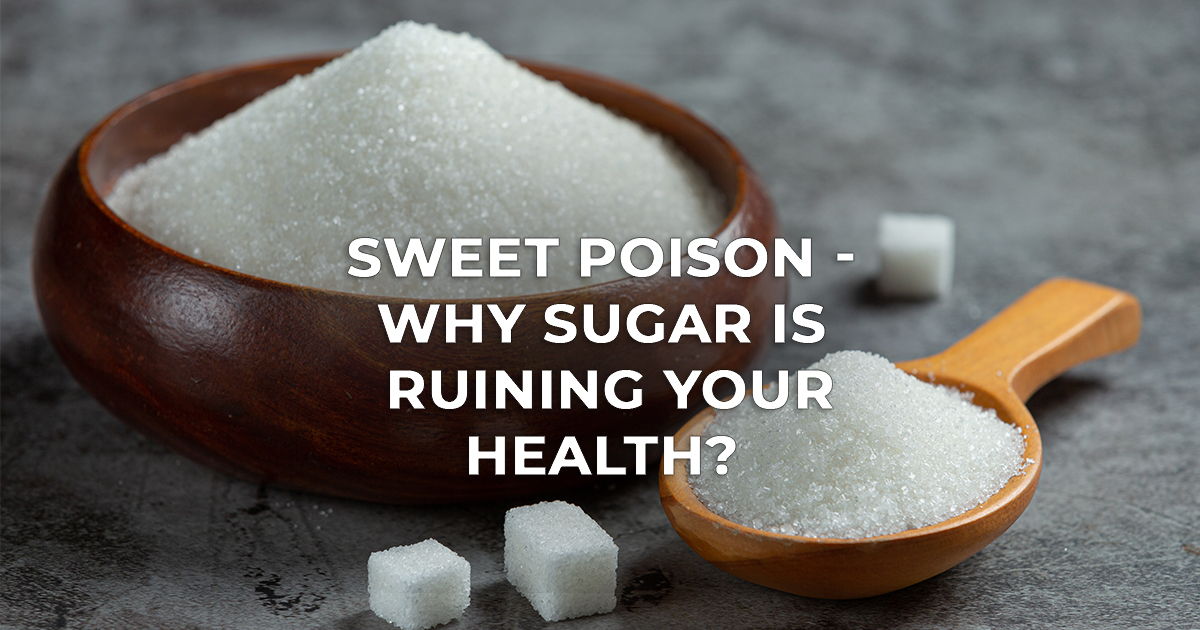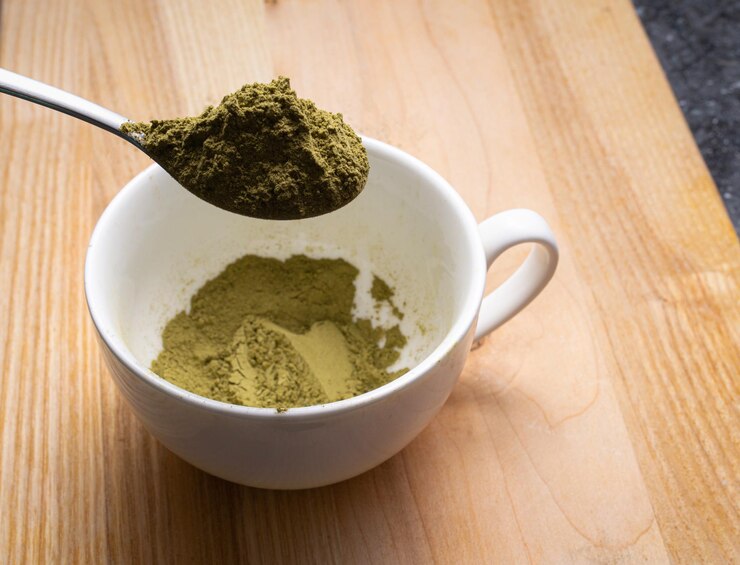Sweet and Salty Sabotage: Understanding the Long-Term Effects of Excess Sugar and Salt

Introduction to the dangers of excess sugar and salt
Sugar and salt are staples in our diets, adding flavor and satisfaction to our meals. But what if I told you that these seemingly innocent ingredients could be slowly poisoning your body? The truth is, that excessive consumption of sugar and salt not only tantalizes your taste buds but can also lead to a host of health problems over time. While they enhance the deliciousness of dishes, their effects may linger long after the last bite. It’s time we take a closer look at how too much sweetness and salinity can derail our health journey and explore ways to enjoy flavors without risking our well-being. Let’s dive into this savory dilemma together!
The immediate effects of consuming too much sugar and salt
When we indulge in sugary treats or salty snacks, the body reacts quickly. A spike in energy often follows that sweet rush. It feels good—at least for a moment.
However, shortly after comes the inevitable crash. Energy dips and fatigue sets in. That quick high can leave you feeling more drained than before.
Salt doesn’t play nice either. Consuming too much can lead to temporary water retention, making you feel bloated and uncomfortable.
Both sugar and salt stimulate cravings, triggering a cycle of overindulgence. You reach for another cookie or chip without realizing the toll it takes on your health.
Additionally, these ingredients mess with your mood. They can contribute to feelings of irritability and anxiety as blood sugar levels fluctuate wildly throughout the day.
Recognizing these immediate effects is crucial for understanding how they set the stage for long-term consequences down the line.
Long-term health consequences of high sugar and salt diets
High sugar and salt diets can lead to serious health issues that often develop silently over time. Regularly consuming excess sugar increases the risk of obesity, which is linked to various chronic diseases. These include type 2 diabetes and heart disease.
Too much salt also wreaks havoc on your body. It contributes to high blood pressure, which strains your heart and blood vessels. This condition can ultimately result in strokes or kidney damage.
Moreover, both ingredients can create a cycle of cravings that’s hard to break. Sugar spikes insulin levels while salt enhances flavor, making it easy for people to overlook their intake until it’s too late.
The long-term effects are not just physical; mental health suffers as well. Research has shown connections between excessive sugar consumption and mood disorders like anxiety and depression. The subtle yet profound impact on overall well-being makes moderation essential for lasting health.
How to reduce sugar and salt intake in daily life
Reducing sugar and salt intake can be surprisingly simple with a few mindful changes. Start by reading labels carefully. Many processed foods hide high levels of these ingredients.
Next, swap out sugary drinks for water or herbal teas. You’ll hydrate without the extra calories that come from soda or flavored beverages.
Cooking at home is another great way to control your intake. Use fresh herbs and spices instead of reaching for the salt shaker to enhance flavors naturally.
Incorporate more whole foods into your diet—fruits, vegetables, grains, and lean proteins are excellent choices that provide nutrients without added sugars or salts.
Satisfy cravings with healthier alternatives. Opt for dark chocolate when you need something sweet or try air-popped popcorn seasoned with nutritional yeast instead of buttered varieties. Small adjustments can lead to meaningful changes in your daily habits.
Tips for maintaining a balanced diet without sacrificing taste
Maintaining a balanced diet doesn’t mean giving up flavor. Start by exploring herbs and spices. They can transform ordinary dishes into culinary delights without added sugar or salt.
Experiment with citrus juices for a zesty kick. A splash of lemon or lime can elevate salads, fish, and even desserts.
Incorporate whole foods like fruits and vegetables in your meals. These natural ingredients are inherently flavorful and packed with nutrients.
Consider cooking methods as well; roasting brings out the sweetness in vegetables while grilling adds a smoky depth to meats.
Dabble in healthy swaps too—try avocado instead of butter or Greek yogurt instead of sour cream for creamy textures minus excess fat.
Embrace mindful eating practices. Savor each bite, which will enhance your overall enjoyment while helping you listen to your body’s cues about satisfaction.
Alternative flavor options for satisfying cravings
Exploring alternative flavors can be a game-changer for satisfying cravings without relying on sugar and salt. Fresh herbs like basil, mint, or cilantro can boost dishes with vibrant taste profiles. They add complexity to meals while promoting health benefits.
Consider using spices such as cinnamon or paprika. These not only enhance flavor but also bring unique aromas that elevate your culinary experience. A sprinkle of nutritional yeast can provide a cheesy essence without the guilt.
For those sweet cravings, fruits are nature’s candy! Berries, apples, or ripe bananas deliver natural sweetness along with fiber and vitamins.
Experimenting with citrus juices adds brightness to salads and marinades—lemon or lime zest packs an impressive punch too.
With these alternatives at hand, you won’t just avoid excess sugar and salt; you’ll discover new dimensions in your meals that excite the palate in healthier ways.
Conclusion: The importance of moderation for a healthy lifestyle
Moderation is key when it comes to maintaining a healthy lifestyle. Excess sugar and salt can lead to complications that affect both physical and mental well-being. Understanding the long-term effects of these ingredients, often dubbed as “sugar and salt slow poisoning,” highlights the importance of being mindful of our dietary choices.
Finding a balance allows us to enjoy food without compromising health. By reducing intake gradually and exploring alternative flavors, you can satisfy cravings while supporting your body’s needs. Remember, every small change counts in creating sustainable habits for life. Prioritizing nutrition does not mean sacrificing flavor; rather, it’s about discovering new ways to relish the foods we love while nurturing our health for years to come.






14YO NUDES Indian Cp Rp Videos
ВЕБСАЙТ: ОТКРЫВАЙТЕ ТОЛЬКО В АНОНИМНОМ ТОР БРАУЗЕРЕ (В ДРУГИХ БРАУЗЕРАХ ССЫЛКА НЕ РАБОТАЕТ) http://torx5mtxatfovjmdizm27tsqusa4bgej5qx7zvv2quxvh44spl5xzsad.onion
LINK 218GB VIDEOS FOR TORRENT CLIENT: magnet:?xt=urn:btih:abd5aaed52b5994fe54136701c4c18156bd28415